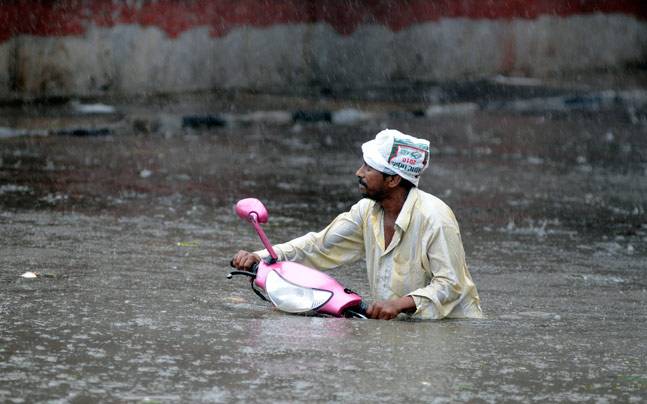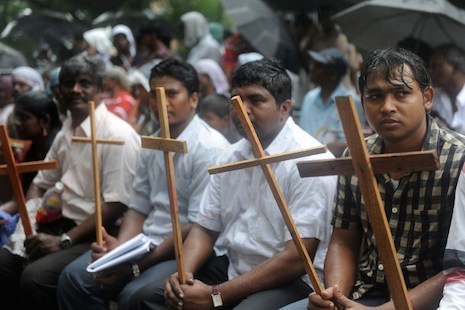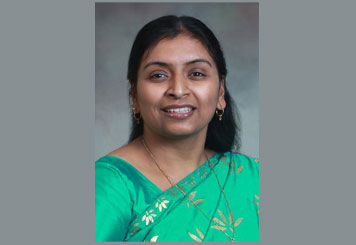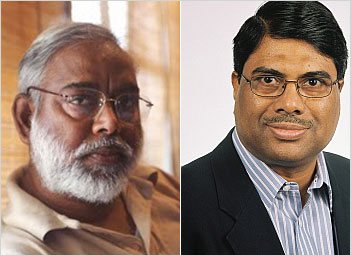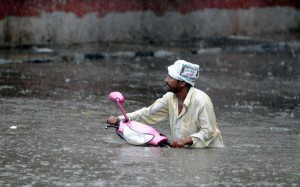 WITH the worst floods in over a hundred years causing havoc in Tamil Nadu, India’s southern state, Christian Aid’s Regional Emergency Manager South Asia Ram Kishan said it showed the importance of an ambitious outcome at the UN climate summit.
WITH the worst floods in over a hundred years causing havoc in Tamil Nadu, India’s southern state, Christian Aid’s Regional Emergency Manager South Asia Ram Kishan said it showed the importance of an ambitious outcome at the UN climate summit.
Speaking from the Paris talks he said: “The situation is very bad; access to water has been affected, people have been stranded, and schools and other public buildings have been marooned.
“There is a huge population of poor people in the state capital Chennai and they are now at great risk of food shortages and sanitation problems. Although we cannot say that climate change has been a direct cause of these floods, the Intergovernmental Panel on Climate Change has said that we can expect an increase in intensity and frequency of these kinds of events.
“In India this year we are seeing both. These are the sixth severe floods we’ve experienced in 2015 and the worst floods in Chennai for 100 years. We have also experienced floods in places that are not usually hit like Gujarat, Rajasthan and Manipur.”
Mr Kishan said the situation highlighted the need for strong action in Paris both on emissions, and also on adaptation measures. He said: “This shows the drastic need for adaptation, we need to get organised and take precautions. India is a very coastal country and this will likely only get worse.
“It is vital that the Paris outcome contains provision to help vulnerable countries adapt to these kinds of affects and a loss and damage mechanism to provide social safety nets and insurance for those communities for which adaption is no longer an option.”
Two Christian Aid partner organisations, Social Awareness Society for Youths (SASY) and the Church’s Auxiliary for Social Action (CASA) are responding to the crisis by distributing food such as rice and dal, and non-food items to those affected.
The flooding has driven thousands from their homes, destroyed crops, shut factories and paralysed the airport in Chennai. The national weather office yesterday predicted three more days of torrential downpours. “There will be no respite,” said Laxman Singh Rathore of the India Meteorological Department.
Before leaving for the Paris climate summit, Prime Minister Narendra Modi tweeted: “We are feeling the impact of fast-paced climate change.”
Christian Aid’s regional resilience manager Yeeshu Shukla said after visiting some of the worst hit areas: ” Places which are not traditionally prone to floods have been hit which means communities have limited capacity and coping mechanisms.
“Some areas are cut off due to roads being washed away. In the most marginalised and excluded communities I could see extensive damage to the houses, most of which are made of mud and thatched roof. People have been forced to take refuge in schools buildings or in the neighbours /relatives houses. Along with houses, they have also lost their household belongings.”



